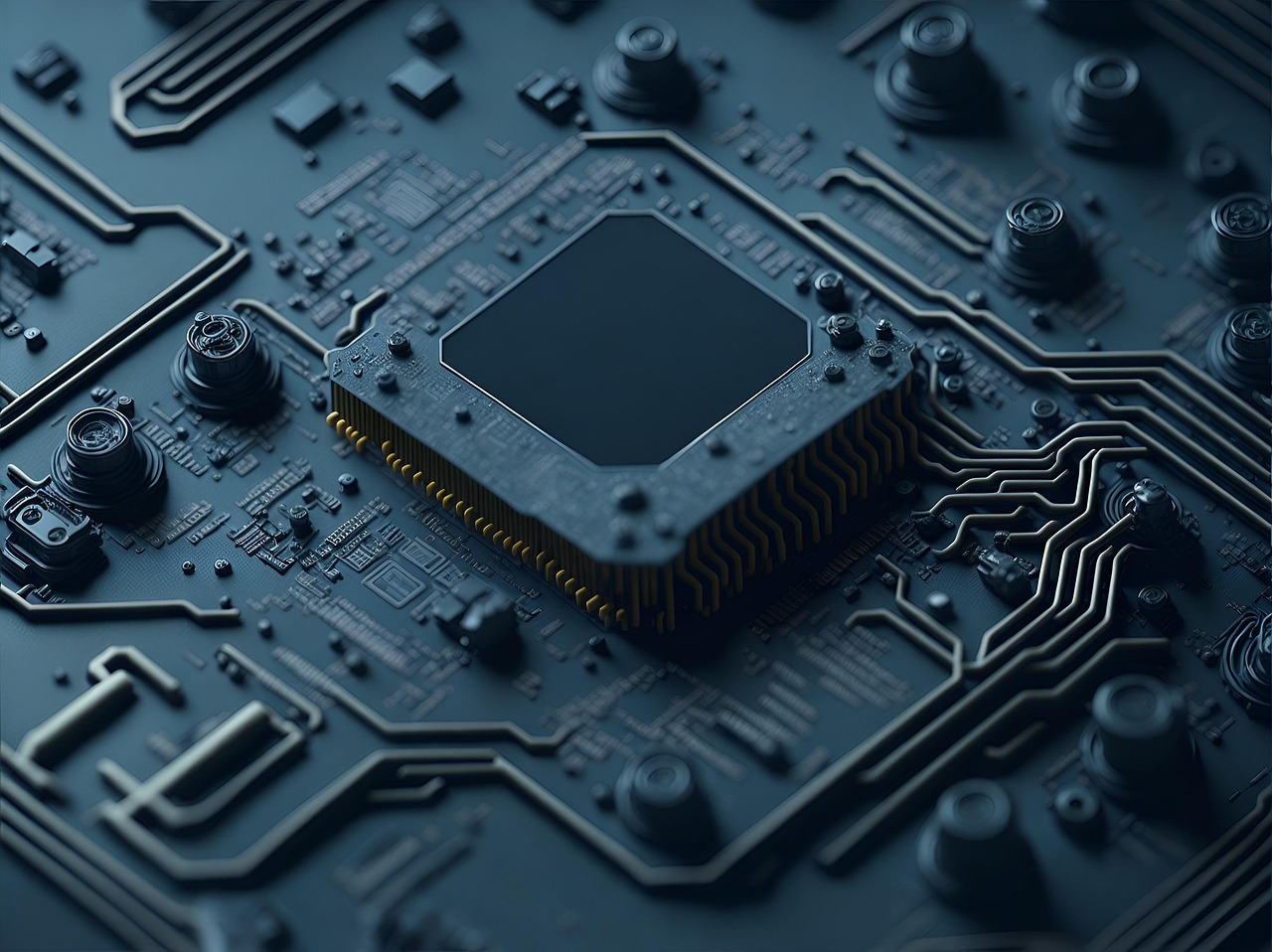Silicon Valley Reacts to DeepSeek's Disruptive AI Model

Brief news summary
Silicon Valley is reassessing its AI strategies in light of the new Chinese start-up DeepSeek, which has introduced the open-source AI model R1, providing a cost-effective alternative to U.S. offerings. This development has sparked concern among American investors, who previously felt secure in their sizable investments in advanced chips and data systems. AI expert Zack Kass points out a trend toward prioritizing cost efficiency and more impactful use of AI technologies. OpenAI CEO Sam Altman acknowledges DeepSeek as a competitive threat and is hastening the introduction of new models. Analysts suggest that U.S. firms should reconsider their investments in data centers and pricing to navigate this emerging competitive environment. Industry leaders view this as a crucial juncture for open-source AI, advocating for collaborative efforts to foster innovation. Support from prominent figures, including former Google CEO Eric Schmidt and Meta executives, emphasizes the need for open-source projects to maintain competitiveness and enhance AI accessibility. Although the long-term effects on AI strategies and funding are uncertain, significant changes in the industry are expected.Silicon Valley is grappling with the realization that developing advanced AI models may be less specialized than previously thought. This awareness was ignited by DeepSeek, a year-old Chinese startup whose free open-source AI model, R1, rivals those of major American tech companies, but was built at a significantly lower cost with less advanced chips and reduced data center energy requirements. Historically, U. S. tech giants believed their financial resources could keep them ahead by investing billions in sophisticated chips and expansive data centers. However, this assumption is now being challenged, with Wall Street pressing these companies for answers about their strategies in light of DeepSeek's achievements. Experts suggest that the competitive landscape is shifting. AI consultant Zack Kass noted that owning a breakthrough AI model is increasingly difficult, indicating that companies may need to focus on cost reduction and developing user-friendly applications while also minimizing resource consumption. In response to DeepSeek, OpenAI CEO Sam Altman acknowledged the model's impressive capabilities, stating that the company will expedite the release of its more advanced models. Analysts anticipate that major tech firms might reconsider their data center expenditures and pricing strategies due to DeepSeek's demonstration of delivering AI technology at lower costs, though there are questions about the startup's claimed spending of just under $6 million to develop R1. Microsoft, OpenAI's largest investor, is reportedly investigating whether DeepSeek utilized stolen OpenAI data, but regardless of the circumstances of its success, DeepSeek's arrival has energized the AI sector. Investment firm D. A.
Davidson predicts that established companies will leverage lessons from DeepSeek to create more efficient models at reduced costs. The industry was already moving toward greater efficiency, with a focus on optimizing compute power rather than expanding server infrastructure. However, DeepSeek has expedited this shift. Recent high-profile investments in AI infrastructure from companies like OpenAI and Microsoft may now need to be reconsidered, especially as they’ve been planning significant data center expansions. DeepSeek's emergence is also seen by some as validation for open-source AI, suggesting that American companies should promote shared innovations to foster global advancement. Former Google CEO Eric Schmidt advocated for a vibrant open-source ecosystem in the U. S. to maintain competitiveness. Tech leaders are optimistic that these developments signal a democratization of AI technology, making it more accessible and beneficial across the board.
Watch video about
Silicon Valley Reacts to DeepSeek's Disruptive AI Model
Try our premium solution and start getting clients — at no cost to you















